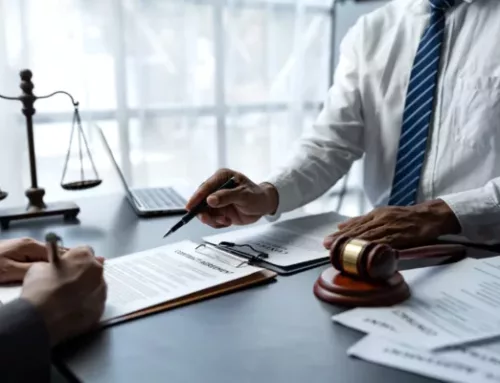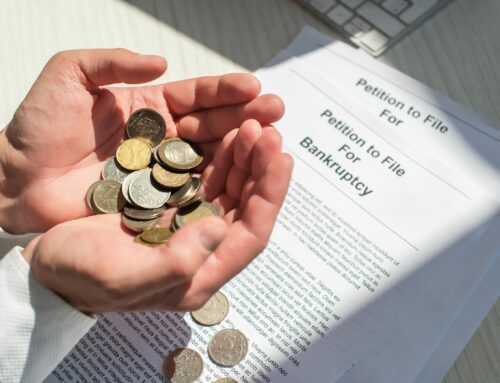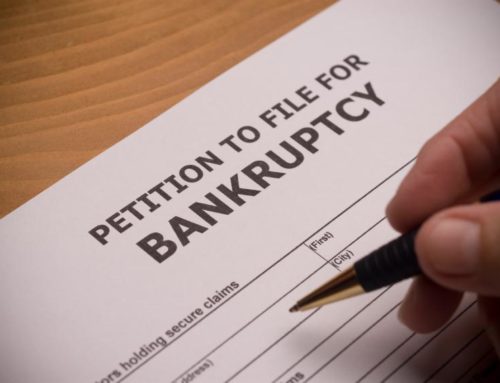
If you live in West Virginia and are considering to file for bankruptcy, most likely, you will be choosing between Chapter 7 or Chapter 13. However, you are unsure which choice is right or more ideal for your financial situation. This is where our West Virginia bankruptcy attorneys can help by clarifying the differences between Chapter 7 and Chapter 13.
What are the types of bankruptcy for West Virginia Residents?
While there are many types of bankruptcy, only two are of concern to most individual debtors: Chapter 7, which is about the liquidation of assets to pay off creditors, and Chapter 13, which is more on to help a debtor pay off outstanding debts through an approved repayment plan. There are some who also file under Chapter 11 but it is not usually used by individuals since it is more suitable for commercial establishments or businesses.
Let us discuss in detail the difference between Chapter 7 and Chapter 11 bankruptcy.
What is Chapter 7 Bankruptcy?
Chapter 7 bankruptcy is more of liquidation and allows the debtor to clean out debts and get a completely fresh start. A West Virginia bankruptcy court appoints a trustee who collects all of a debtor’s non-exempt property and sells them to pay back the creditors A debtor is allowed to keep what is known as exempt property. Chapter 7 bankruptcy is suitable for low-income debtors with little or no assets with which to pay off their debts.
When an individual decides to file for Chapter 7 bankruptcy in West Virginia, he has to make sure he is qualified. For a Chapter 7 bankruptcy filing, the individual must pass what is called a means test. The means test was designed to limit the use of Chapter 7 bankruptcy to those who cannot pay their debts. It does this by deducting specific monthly expenses from your “current monthly income” (your average income over the six calendar months before you file for bankruptcy) to arrive at your monthly “disposable income.” The higher your disposable income, the more likely you will not be allowed to use Chapter 7 bankruptcy.
Instead, you are expected to use your disposable income to repay creditors. In most cases, you will be able to qualify for Chapter 7 bankruptcy because income alone is not the sole determining factor. If you are eligible, you will need to file an official petition and submit other forms to the West Virginia bankruptcy court. These documents contain detailed accounts of all your debts and describe your current financial status.
Next, there will be hearing in which a court-appointed trustee asks you questions about your debts, in the presence of your creditors. After this hearing, granted that there are no objections from your creditors, you will have to turn over all non-exempt properties (or its fair market value in cash) to the trustee. The trustee will sell your property and distribute the proceeds to your creditors unless the asset is protected by a bankruptcy exemption. West Virginia residents may choose between the West Virginia bankruptcy exemptions and the federal bankruptcy exemptions. This is the reason why it is important to have a skilled West Virginia Chapter 7 bankruptcy lawyer who will evaluate your assets and determine which set of exemptions would better protect your property from seizure by the trustee.
Once the trustee has distributed the proceeds to your creditors, most of your debts will be discharged, which means you will no longer be liable for them. Most debts are dischargeable in Chapter 7 and Chapter 13, including medical debt, credit card debts, past due bills, and business-related debt.
Chapter 7 is usually fast, with discharges received within three to four months, allowing debtors a quick fresh start. However, it costs more to file for Chapter 7 bankruptcy than Chapter 13 and there is a greater risk of losing your property due to foreclosure.
What is Chapter 13 Bankruptcy?
Chapter 13 bankruptcy is called “reorganization” because it allows Chapter 13 filers to pay off all or part of their debts in a span of three to five years. Your Chapter 13 bankruptcy attorney will help you draft a proposed payment plan, which must be approved by the bankruptcy court before your petition can proceed further.
The purpose of the reorganization plan is to show how you will fully pay all priority claims, such as child support, unpaid wages, and taxes, within three to five years. Unsecured debts like credit card debts and medical bills may be partially paid over time.
A court-appointed trustee will review the plan and then pass it around to your creditors for approval. If approved, you will be able to keep all your assets as long as you do not miss out on your payments as presented and approved in the plan. If you are able to pay on time, any remaining debts will be discharged at the completion of the plan.
Even if it takes longer to discharge debts in Chapter 13 bankruptcy and there are higher income requirements in order to qualify, there is an assurance that you can keep your property and catch up on missed mortgage, car, and nondischargeable priority debt payments.
In both chapters of bankruptcy, federal regulations require filers to pay filing fees (unless waived), abide by court orders, and complete mandatory debtor education and credit counseling courses. Failure to meet these standards may result in dismissal of the case.
We highly recommend consulting with a bankruptcy attorney in West Virginia before deciding on what Chapter of bankruptcy you should file. There are times, upon a thorough evaluation of your financial state, a Chapter 13 filing may be the best option.





